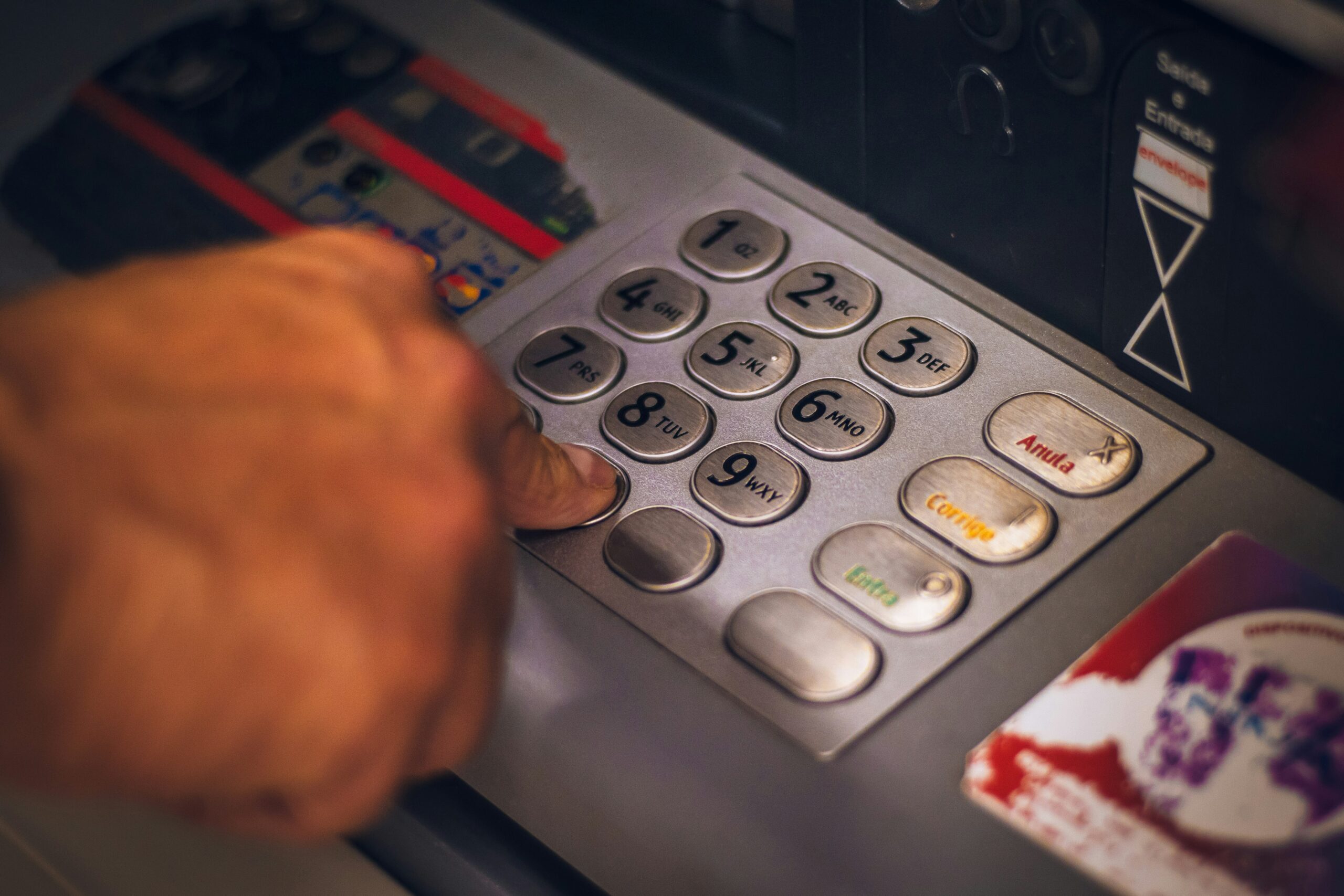Credit is more important now than ever before. Equifax and Transunion recently changed how they calculate your credit score, with very good credit getting even higher and not so great going lower in most cases. I cannot explain exactly what they changed other than their formula for calculating, and that they put more emphasis on delinquencies and also positive factors such as keeping a low balance.
In this article, we’ll go over different credit scores, what they mean, and what type of banks or programs they would fit.
Credit Rules to Live By
- Try and keep your revolving credit balances below 50% owing
- Preferably have two sources of credit such as two credit cards or a credit card and a LOC for 2 or more years ($2000 limit or more each). Or have one credit card with a limit of $5000 or more for 1-2 years.
- Its alright to pay off your credit each month and not have a balance. There is no positive to leaving a balance.
- If you have several late payments each year it will negatively affect your credit more and more each year. Don’t have late payments.
- Old credit good or bad does not fall off for 7 years or more.
Now to illustrate how the banks view your credit and what type of mortgage you may get.
Different Credit Scores & Mortgage Programs
Example 1
680 Credit Score and above with two sources of credit for two years or more with a limit of $2000 or more or a limit on one of $5000 or more.
This is exactly what the bank wants and credit wise you would get approved very easily as long as your income is acceptable. Should be acceptable everywhere.
Example 2
750 credit score less than or near 1 year old with one credit card of $7000 limit. This one is not guaranteed as it depends on how much down payment you have and what your income looks like. This could get declined at one bank and approved at another as long as the credit is clean and has no missed payments.
Example 3
650 credit score or below, couple collections and recent late payments. Have several credit cards and a loan. There is a chance if you have 20% or more down they will approve you but they will most likely ask you to get a cosigner or just decline.
Example 4
600 or below credit score. Have credit cards and loan but have kept balances near limit for 6 months to a year with little or no late payments.
This could get approved but would most likely need 20% or more down or a cosigner. If they paid the balances down aggressively and waited two to three months their credit should greatly improve along with their chances at getting a mortgage.
Example 5
Has a 550 credit score, some collections, credit cards are still open but are near limit.
This could get approved in the B space potentially right away depending on overall picture but the bank likes you to pay off any collections and rates are anywhere from 3.5% to 6% usually with a 1% fee.
Example 6
Below 600 credit score, previous bankruptcy discharged less than 2 years ago. Some rebuilt credit. This will be private and rates can range from 6% and up depending on loan-to-value (LTV).
Understanding Your Credit Score
If you’re confused about your credit score and how it affects your mortgage, you’re not alone! As a professional mortgage broker with extensive industry experience, I can help. We can take a look at where you’re at, what you qualify for, and if necessary, create a plan to build your credit score. Reach out today!







